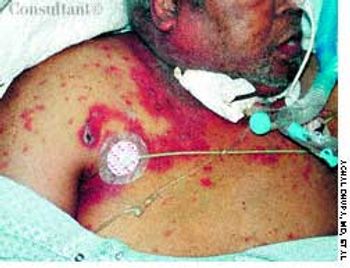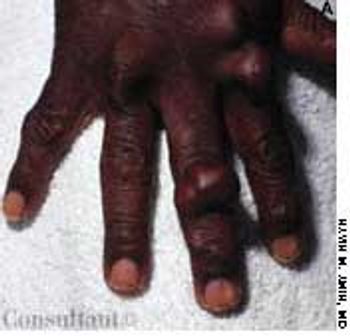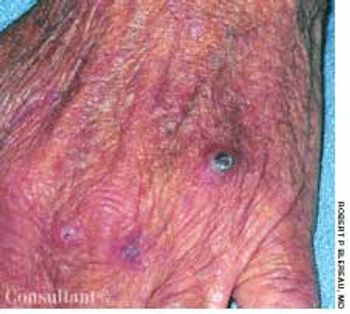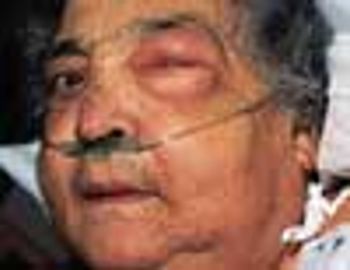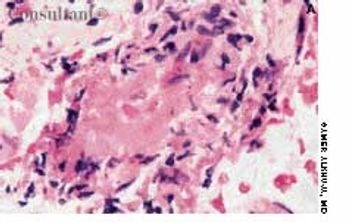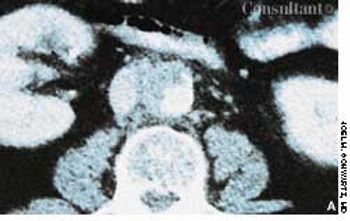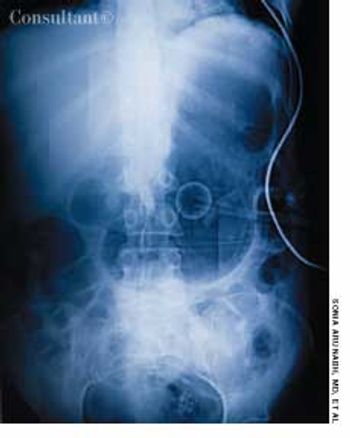
Abstract: Exercise intolerance is common in persons with chronic obstructive pulmonary disease and can result from multiple physiologic factors, including dynamic hyperinflation, gas exchange abnormalities, and pulmonary hypertension. In the initial assessment, keep in mind that many patients underestimate the degree of their impairment. The 6-minute walk test is very useful in assessing the degree of exercise intolerance; when more extensive assessment is indicated, cardiopulmonary exercise testing (CPET) is the gold standard. CPET is particularly useful for defining the underlying physiology of exercise limitation and may reveal other causes of dyspnea, such as myocardial ischemia or pulmonary hypertension. Strategies for improving exercise tolerance range from the use of bronchodilators and supplemental oxygen to participation in a pulmonary rehabilitation program. (J Respir Dis. 2006;27(5):208-218)






























































































































